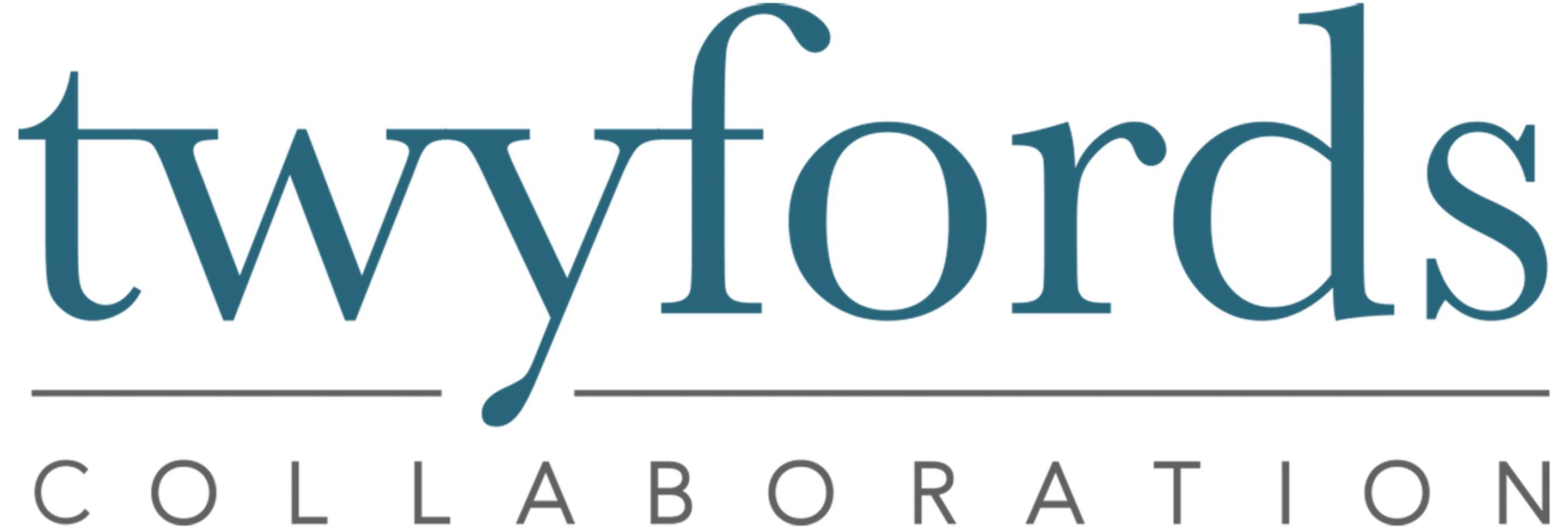We ask questions to find answers. So, when we ask questions within an important conversation, it’s essential that we are really curious to find out what another person thinks. I’d like to explore the topic of curiosity as one element of asking better questions.
But first, what do we mean by a ‘better question’?
Warren Berger, a questionologist (a person who studies questions), defines a beautiful question as “An ambitious yet actionable question that can begin to shift the way we perceived or think about something – and that might serve as a catalyst to bring about change.”
Fran Peavey, another question studier, talks about strategic questioning as “focused on what could be, and upon the creation of active participation in present and future transactions”.
Fran suggests the questions that are useful in a conversation include those that don’t force anyone to defend a position; questions that move the conversation forward and open it up to new thinking, that help create new options. Perhaps a genuinely curious question “How often do you fill your bins for recycling and green waste?” is more likely to generate ideas about waste management than: “Why don’t you sort your household waste properly?” She suggests that better questions are often the unaskable questions which give them great power, asked simply in a single sentence. In the Emperor’s new clothes story, it was the child who asked, quite simply, “Why doesn’t the Emperor have any clothes on?” because he was genuinely curious about so obvious an issue.
So, how does our curiosity help us create better questions?
Being curious, and having a personal desire to learn from others, gives us courage to ask what might sometimes feel like dumb questions. I once sat on a Board of a financial institution and initially felt I didn’t have enough knowledge of the industry to ask what other Board members might think was a dumb question that just exposed how little I knew. I was encouraged by another Board Member from the steel industry who used to preface his question with the words “Well I’m just a simple production man, but this issue doesn’t make too much sense to me. Can someone please explain why this is so?” I was often curious about things I didn’t understand, and found this way of asking a question useful for me and also allowed me to be useful to the group by introducing ideas from a female perspective and from outside the finance industry.
Curiosity keeps us asking questions even after getting an answer, so we explore the situation more deeply. An answer to the waste question “I have lots of stuff to recycle but not much green waste”, could lead to a broader conversation about recycling as part of waste management and generate new thinking. Perhaps continuing the curious questioning might eventually generate a better question and new ideas about our society’s use of plastic.
Curiosity helps us to learn from failure and move from a loss to a personal gain. I have always found that I learned more from my failures and disappointments than from my successes, because I am curious to know not only why I didn’t get the results I anticipated, but also why my reasoning was faulty. Curiosity pushed me to ask more and different questions about why I failed and what I might change. Failing is fine in my book, even necessary, because there is so much to learn if we are curious about, rather than defeated by, failure.
Finally, curiosity helps us to overcome fear, to listen without judgement to whatever answer comes from our better questions; to be interested in and willing to explore any small piece of an answer that takes us both forward.
I suggest being constantly curious and unafraid to ask, helps us to formulate better questions over time particularly if we listen carefully to every answer.
